Famous player in the fast-food industry Chipotle is signaling substantial price increases for its California customers.
This news comes following the recent approval of minimum wage hikes for fast-food workers in the state.
Chipotle Price Hikes Deemed Necessary
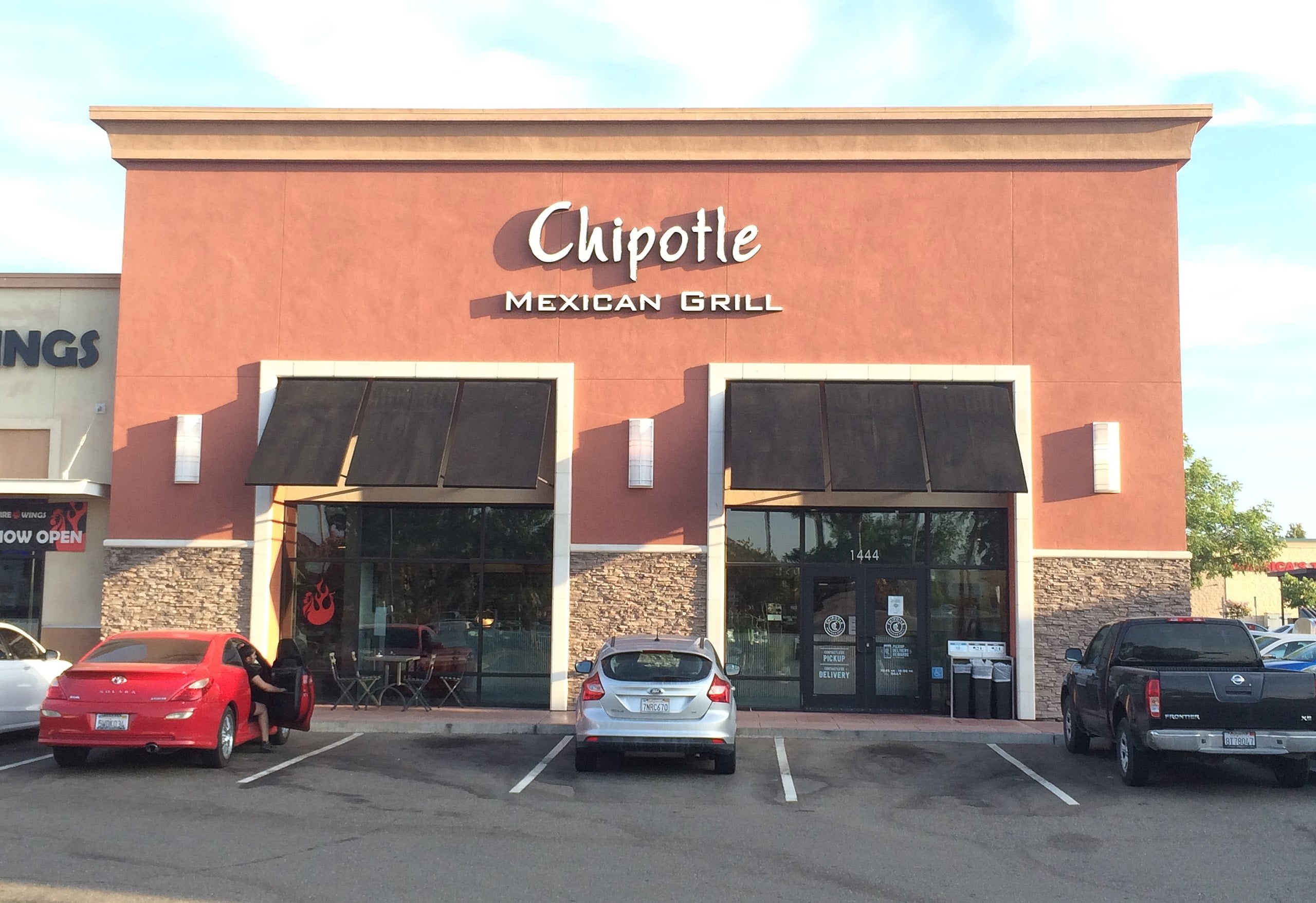
Jack Hartung, Chipotle’s Chief Financial and Administrative Officer, conveyed the necessity of these price adjustments during an earnings call.
Hartung emphasized the need to offset the escalating labor costs associated with the impending 20% wage increase set to take effect in April under California’s new minimum wage law, paying fast food workers $20 an hour.
Governor Newson Signs AB 1228 Into Law

Previously, the estimated half-million fast-food employees in California earned $16.21 an hour before Governor Gavin Newsom signed AB 1228 into law.
This law not only increased the minimum wage but also authorized a panel to consider annual adjustments of up to 3.5% based on inflation. Hartung had previously disclosed that Chipotle’s average wage for workers at its 475 California locations was $17 an hour.
California Lawmakers and AB 1228
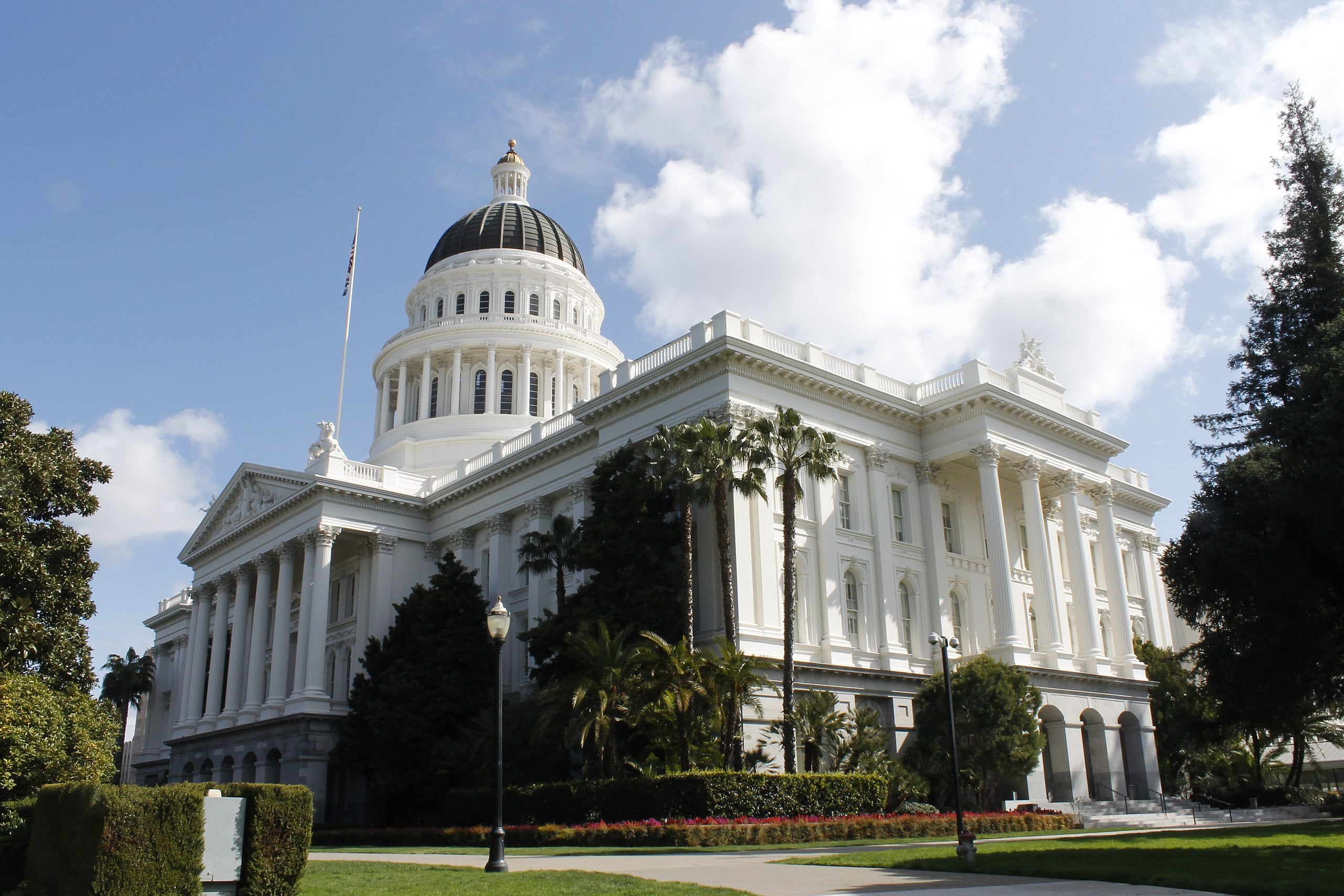
Parts of California’s legislature have been advocating for increased minimum wage for fast-food workers for years. AB 1228’s call for a $20-per-hour standard for fast food workers, is motivated by a commitment to improving the quality of fast-food workers’ lives and their families’ lives.
Throughout the negotiations on AB 1228, numerous fast-food workers exhibited unwavering dedication, sacrificing personal comforts to testify in committee sessions. The bill is a joint effort between Governor Newsom and his colleagues, and is purported to deliver relief and solutions for historically overworked and underpaid workers.
Chipotle CFO Says New Pricing is Coming
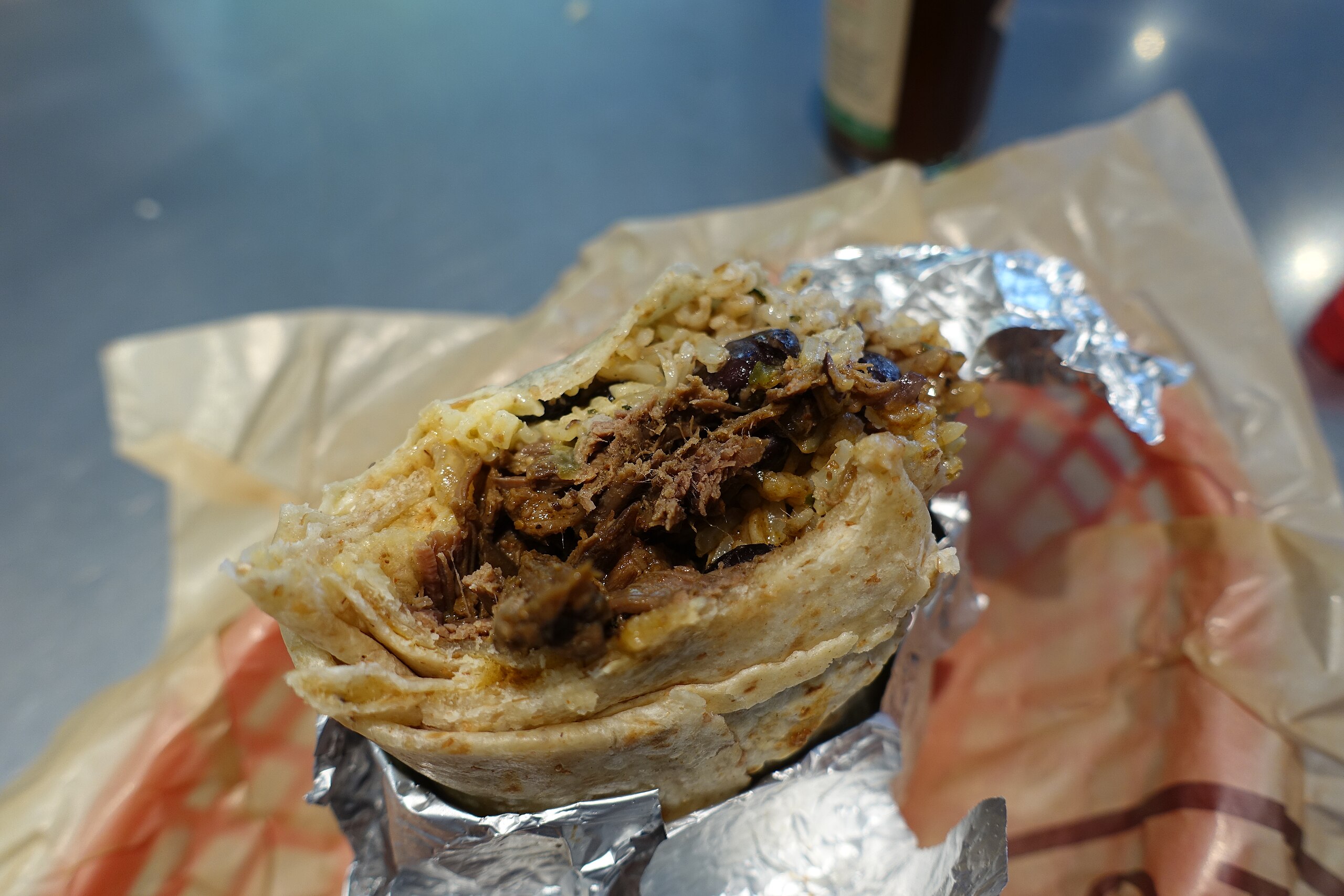
While the specifics of the anticipated price hikes were not disclosed, Hartung acknowledged the significance of the impending increase.
Currently, a steak burrito in the state costs approximately $11, and as Hartung stated, “We haven’t made a final decision, in terms of pricing. We’ll wait and see just what the landscape looks like, what the consumer sentiment is, what other companies are going to do.”
Chipotle Price Increases Are Happening Across the Fast-Food Industry
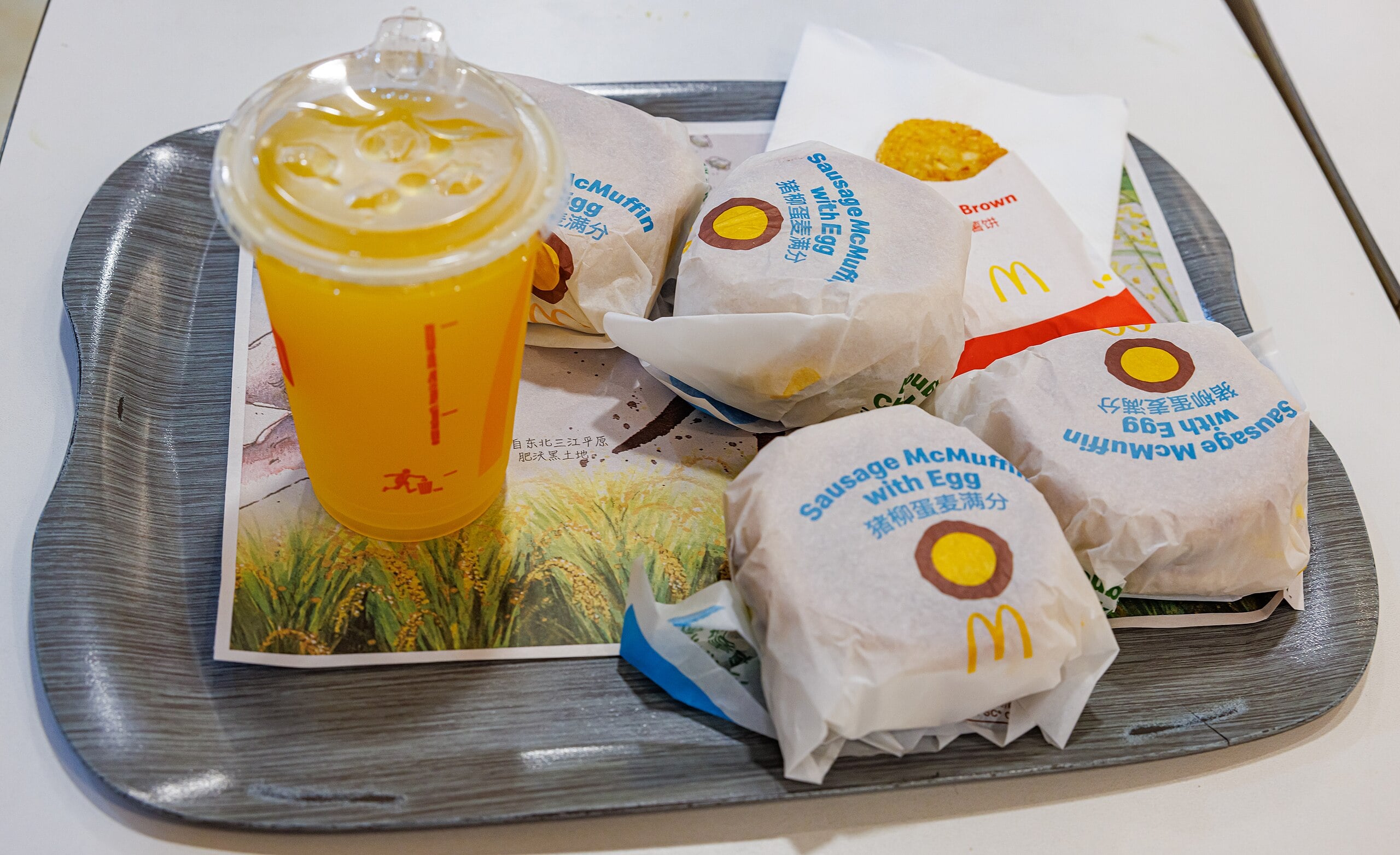
This move by Chipotle aligns with a broader trend in the fast-food industry, with McDonald’s CEO Chris Kempczinski having warned in October that the company would also need to raise menu prices in response to increased labor costs in California.
McDonald’s has already implemented price hikes nationwide due to inflation, with a Big Mac meal now priced at $18. Kempczinski noted a decline in orders from low-income customers earning less than $45,000 a year, emphasizing the affordability of eating at home.
Fast-Food Consumers Are Getting Angry
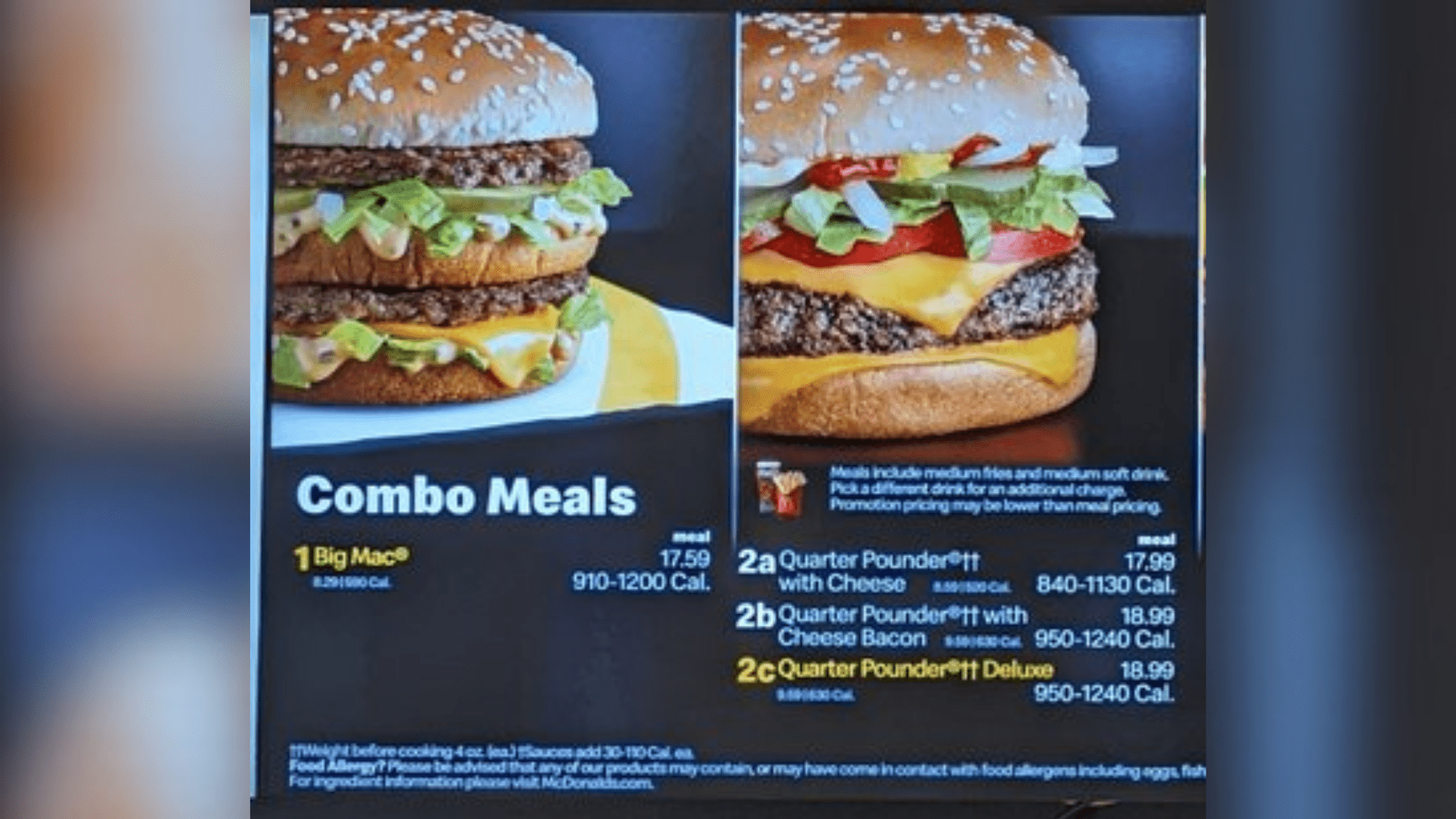
In Connecticut, a photo of McDonald’s menu prices, particularly an $18 Big Mac combo meal, has gone viral, sparking widespread online debate. The image, shared by Twitter user Sam Learner, was taken at a McDonald’s located at a Connecticut rest stop.
The viral photo reveals elevated prices, with a Quarter Pounder combo priced at $18.99. It’s noteworthy that prices on delivery apps, such as GrubHub, are often higher than in-store, with the same combo meal costing $21.59 at the Darien location.
Fast-Food Labor Cost Increases

Recent data indicates that Chipotle spent $2.44 billion on labor last year, reflecting an 11% increase from the previous year.
In comparison, the chain spent $2.91 billion on food, beverage, and packaging costs.
Consumer Prices Continue to Rise
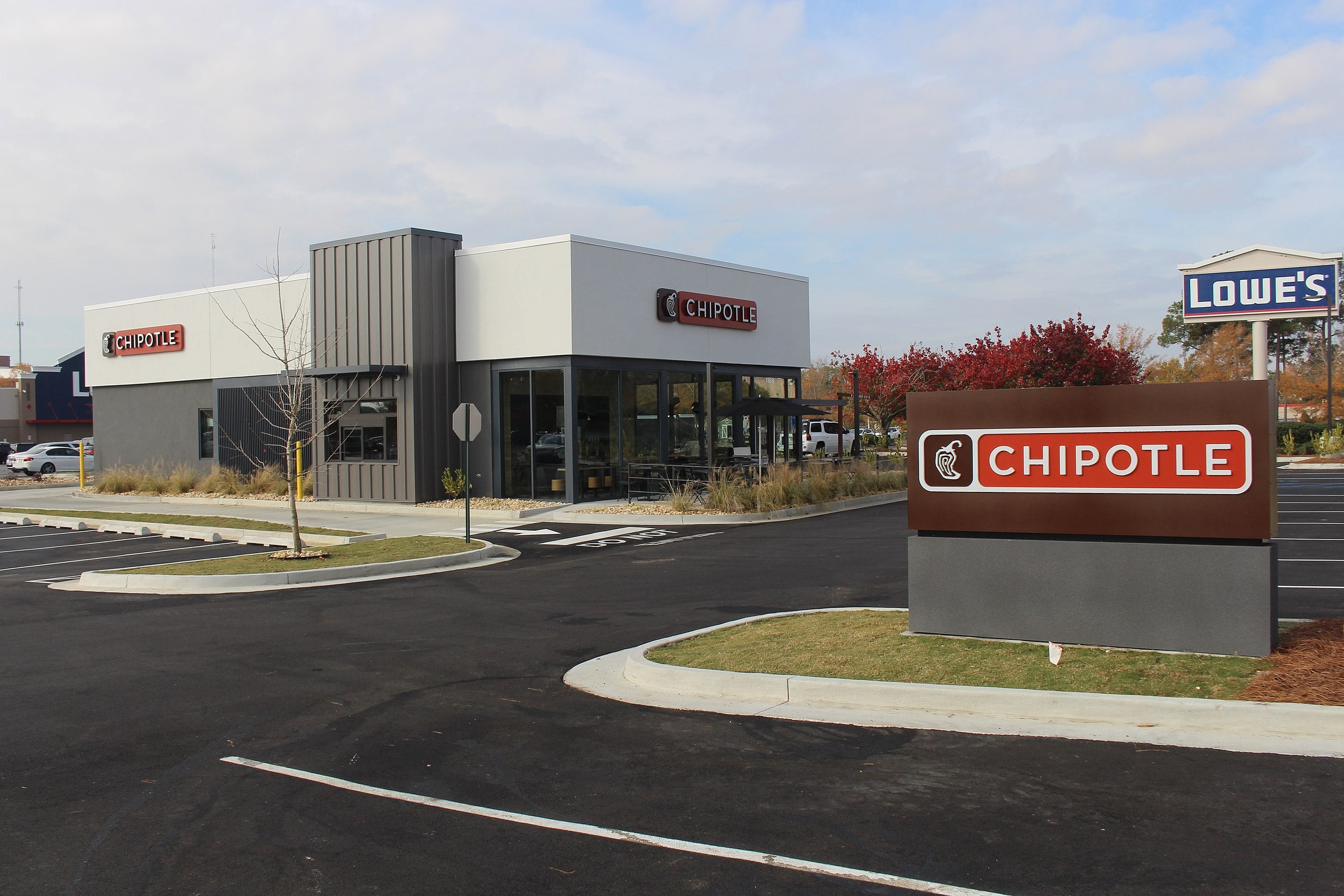
In Q2 2023, Chipotle reported a robust 13.6% year-over-year revenue increase, reaching $2.5 billion.
Despite ongoing price adjustments, the company’s continued success is marked by opening 47 new restaurants, including 40 with Chipotlane drive-thrus. While inflation is improving, current consumer prices rose by 3.7% compared to previous years, following a peak of 9.1% in June 2022.
Chipotle Works on Solutions for Growing Labor Costs
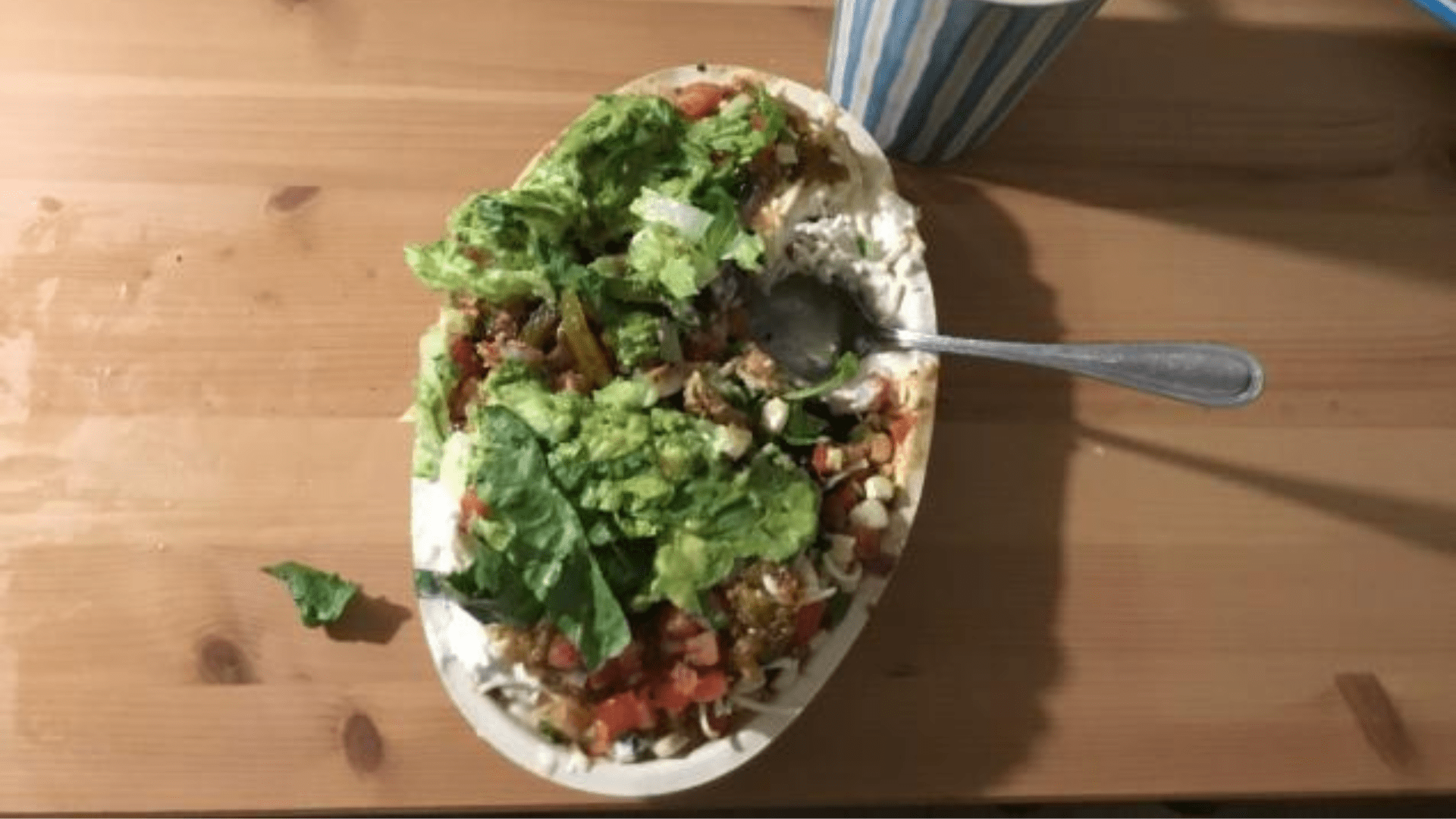
Still, labor costs remain a looming issue. The company has been exploring solutions to address these costs, having initiated tests with automation-driven technology.
Chipotle is experimenting with robots designed to cut, core, and peel avocados for guacamole preparation. Additionally, the company is developing a robot capable of assembling burrito bowls.
California Minimum Wage Increase Concerns

California’s minimum wage increase has sparked concerns within the restaurant industry.
Governor Gavin Newsom’s approval of the wage hike, while aiming to improve the livelihoods of fast-food workers, has triggered debates about its impact on businesses, particularly in the face of rising costs. The restaurant industry, represented by major players like Chipotle and McDonald’s, is navigating the delicate balance between maintaining profitability and adapting to economic challenges.
Chipotle Continues to Grapple with Industry Upheavals
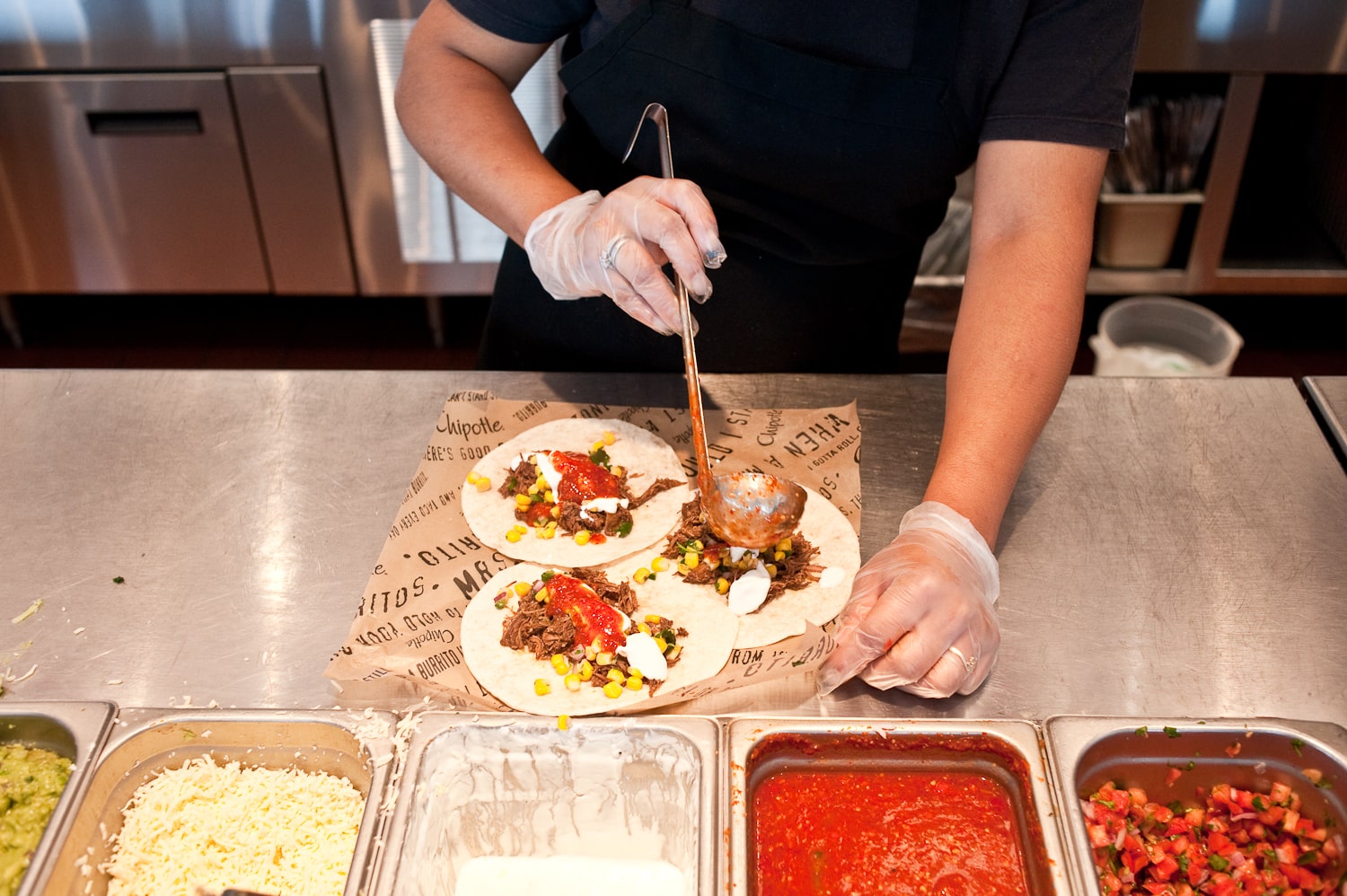
As the industry grapples with these changes, the decisions made by leading companies will likely shape the future landscape of fast food in California. Chipotle’s proactive approach to addressing increased labor costs and potential price hikes underscores the complexities and considerations facing businesses in a dynamic economic environment.
This evolving narrative in California’s fast-food industry serves as a microcosm of broader economic trends and policy impacts, shedding light on the intricate relationship between wages, pricing, and the ongoing pursuit of financial sustainability.
